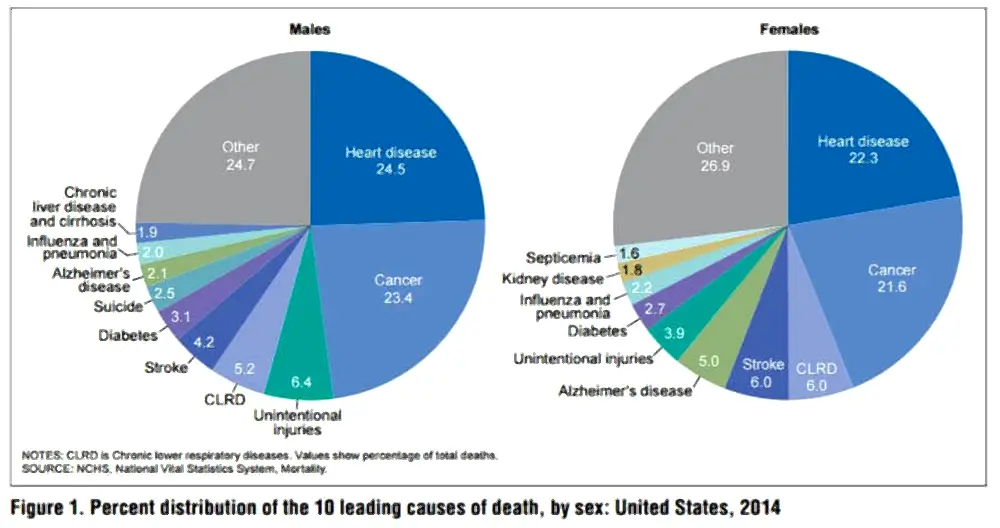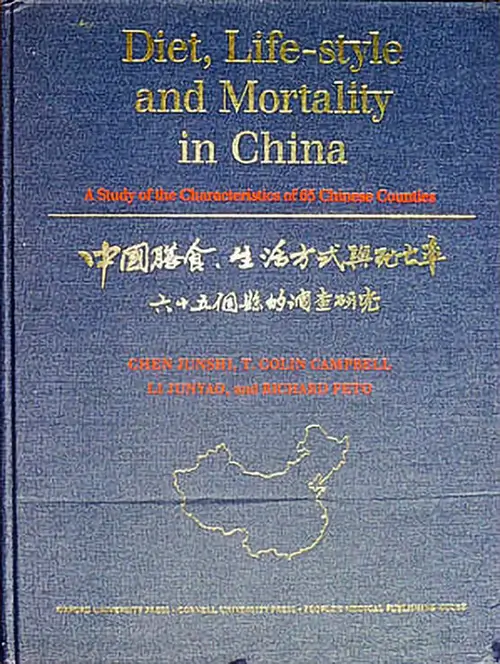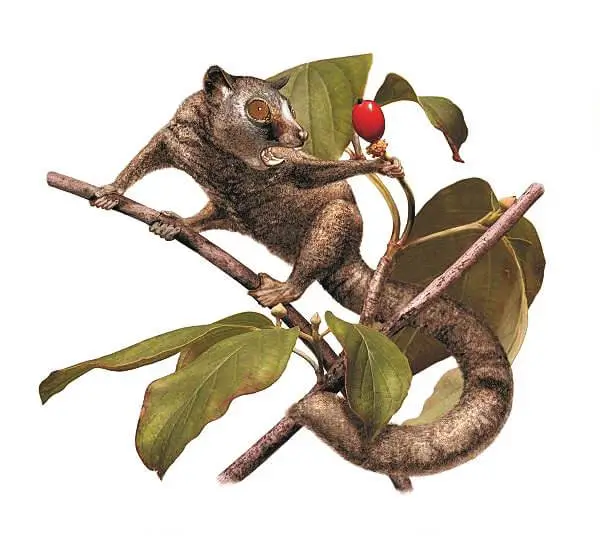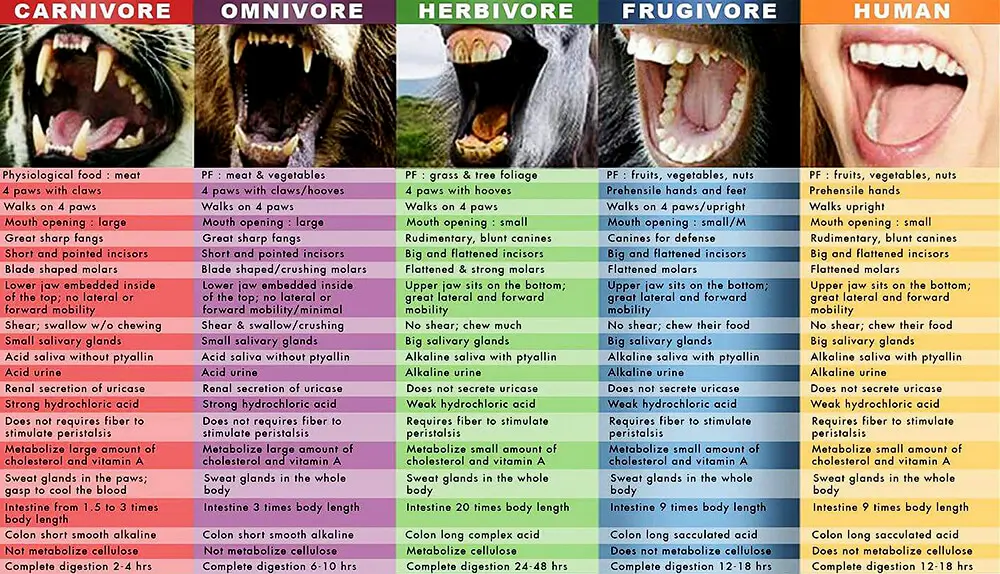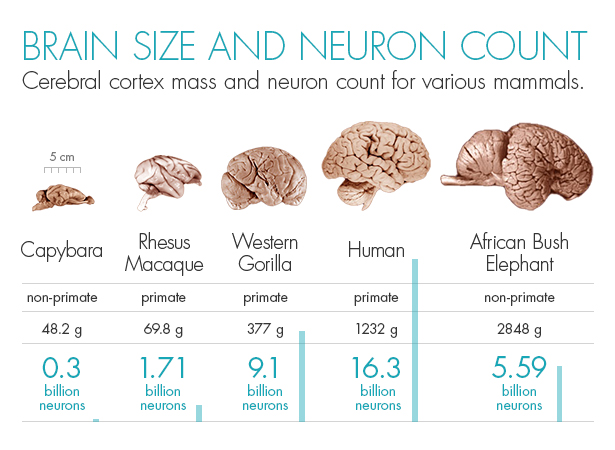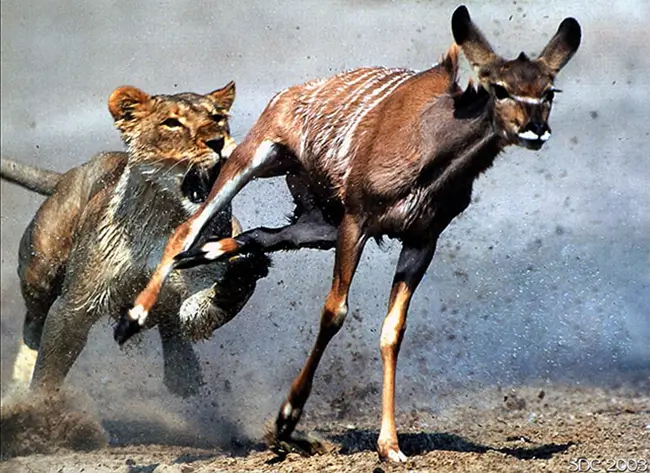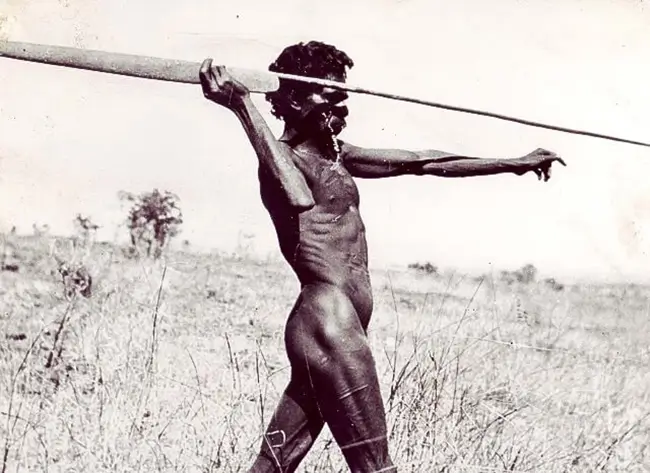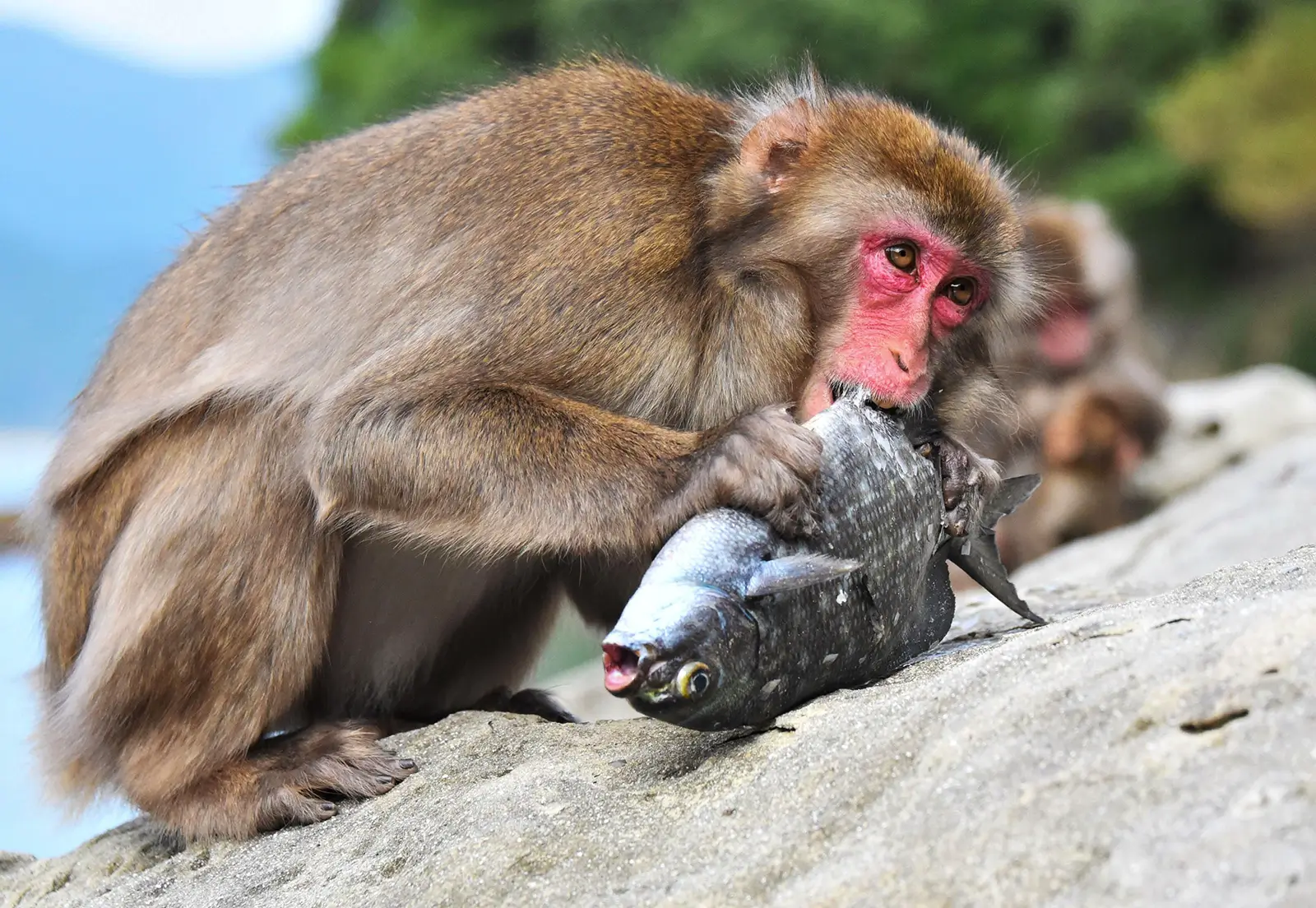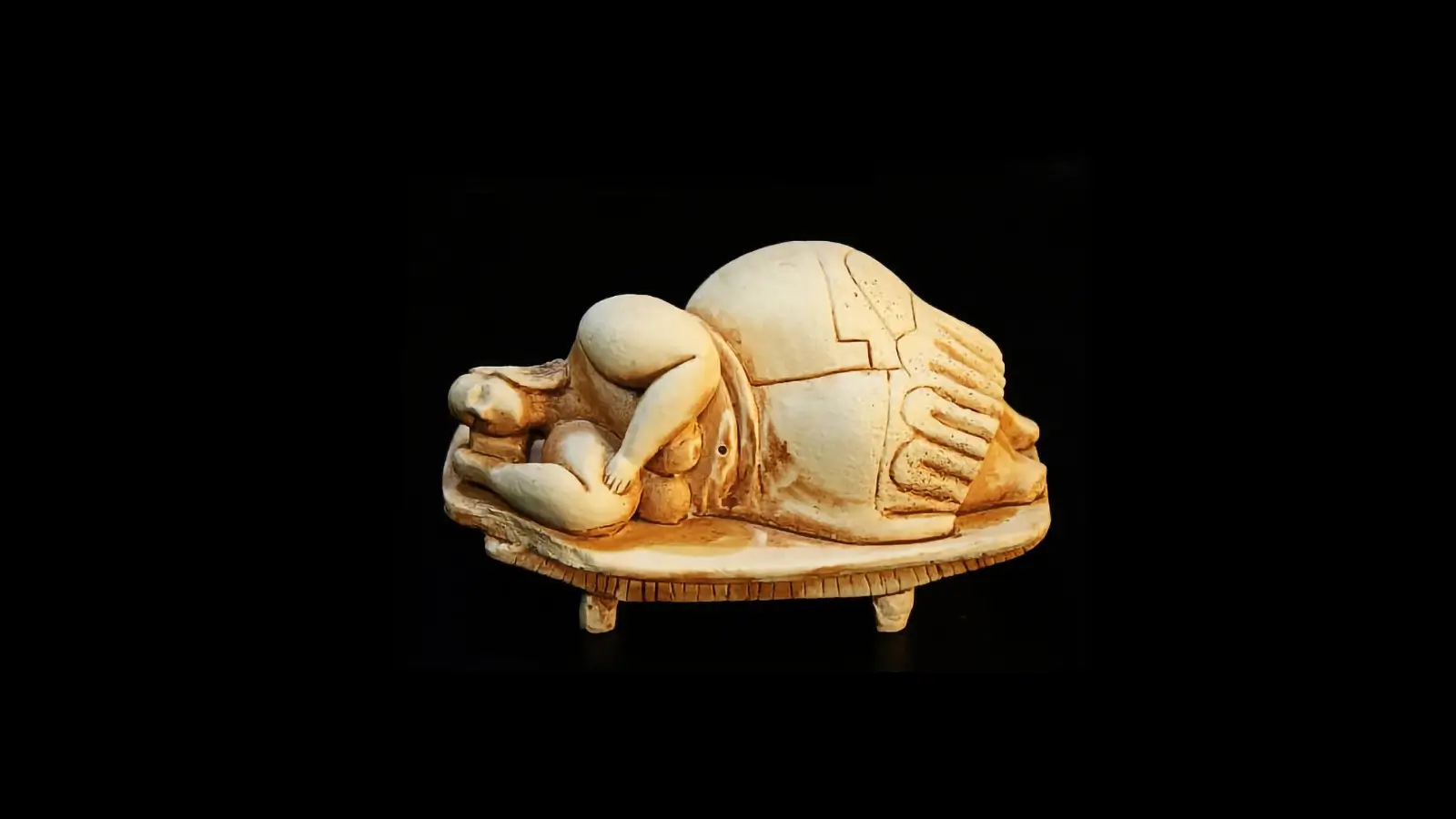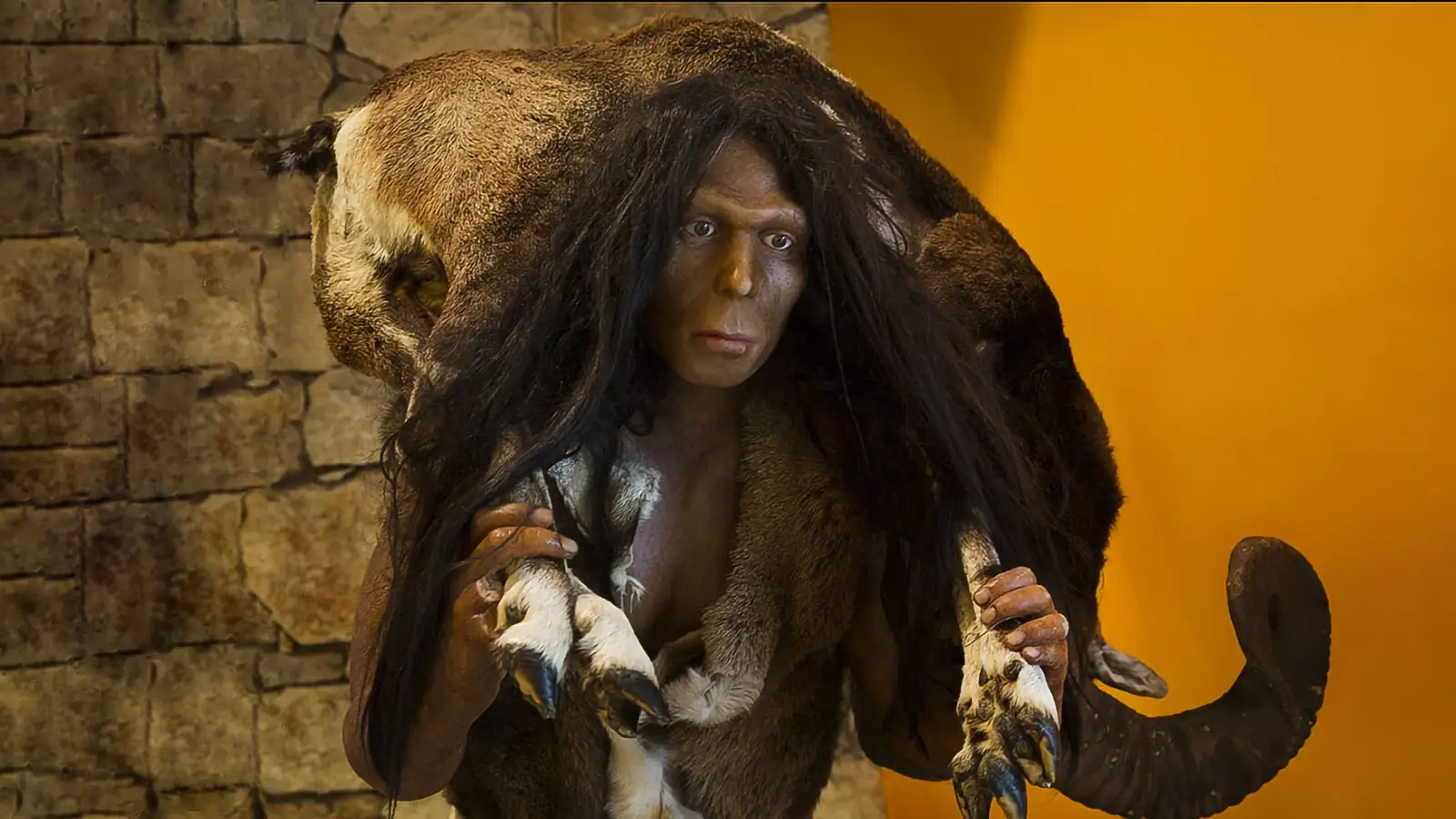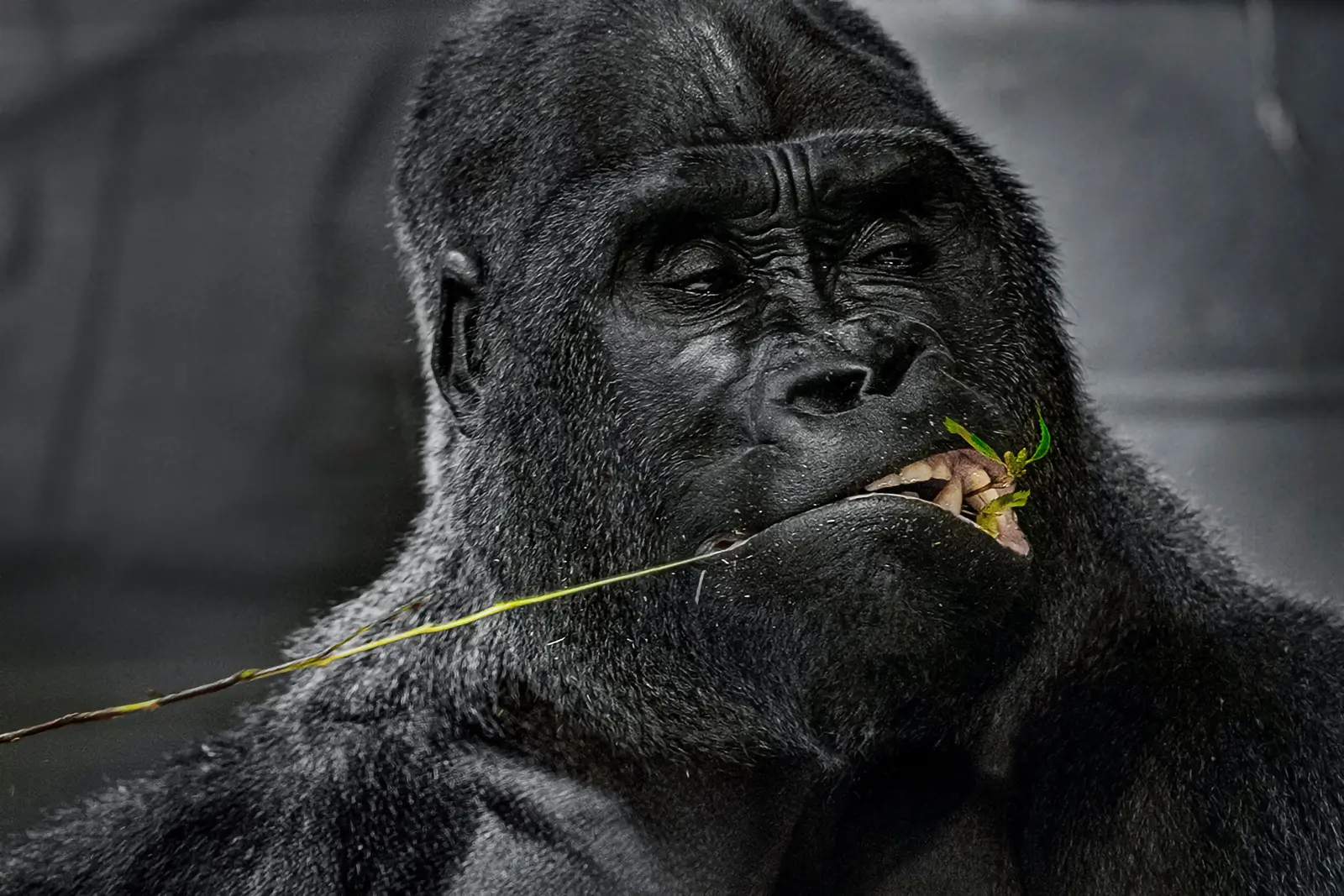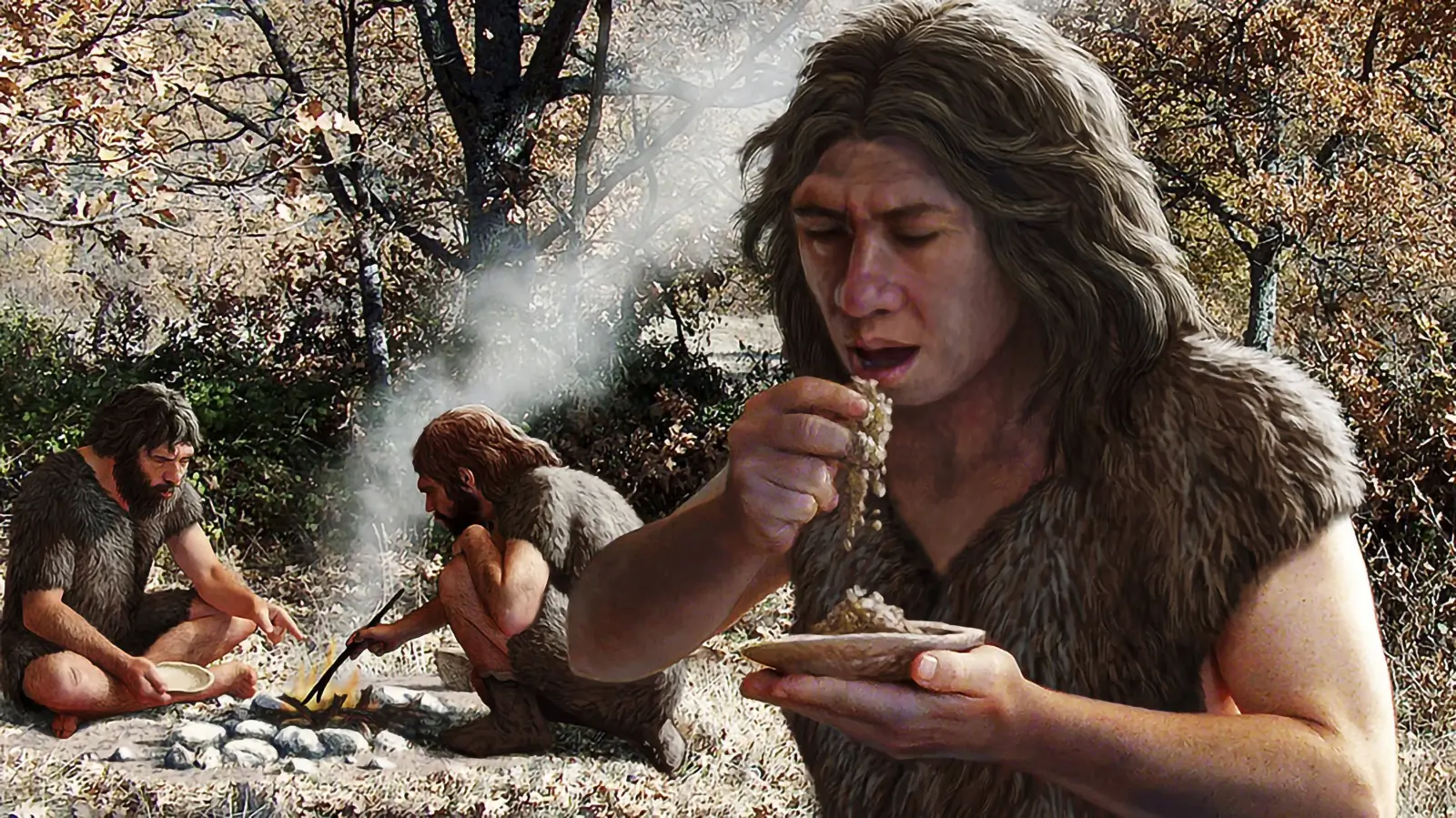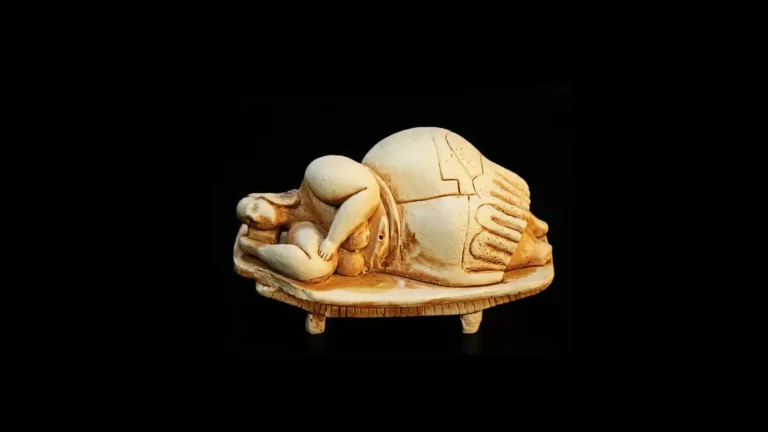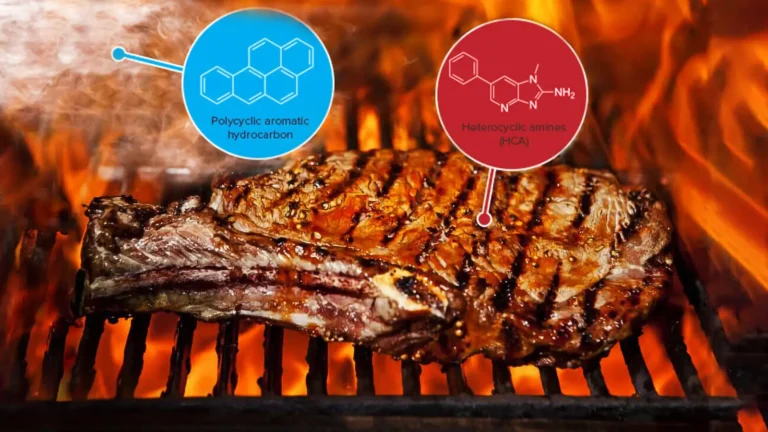Optimal Human Diet- Chronic Diseases, Diet Wars, and the Vegan Argument
Our natural optimal human diet is a diet that our hominin ancestors were eating for the last 30 million years, not anatomically modern humans in the Stone age.
Milos Pokimica
Written By: Milos Pokimica
Medically Reviewed by: Dr. Xiùying Wáng, M.D.
Updated August 4, 2023An optimal human diet is a basis for optimal health. When we look at the list of 15 leading causes of death more than 80% are lifestyle influenced. They are caused by our bad diet. In most cases, the disease is a choice.
It is not a bad genetic that gives us disease and that is a big open secret. For example, cancer is a preventable lifestyle disease. Real genetic causes are responsible for no more than 5% of all deaths. More than 85% of people die because of their bad diet.
Think about it this way. If you are born with the disease and it is a serious life-threatening condition, you will have to take your medications and manage your condition the best way you could. Problem is that just 100 years ago there was no insulin, chemotherapy, antibiotics, or any other medicine available. Any disease that will require any form of treatment was life-threatening and as a consequence would be selected against. In evolutionary terms, there would never be a statistically significant number of people from the overall population that has these forms of chronic diseases. They would not be able to survive and the genes would be selected against. For example, some level of cancer will be present and is present in wild animals today as well, but when we look at mortality charts we would see that almost one in every 4 people will die from cancer. The statistic for cancer mortality shows that 23.4% of all deaths are caused by cancer. This is not directly caused by bad genes.
There is one term that scientists use that is misleading. It is a term coined as “genetic predisposition” which means something completely different. The medical industry (allopathic medicine) that is based on interventional treatments and patented drugs will openly avoid this topic.
If there is an abrupt shift in our environment there is going to be maladaptation. Even if species survive the species’ diet would not be congruent with the current environment and in time it would have to adapt to a new environment or go extinct. Because of scientific progress and technology, it is exactly this maladaptation to our current human diet and environment that have created most of our diseases. If we have an evolutionary incongruent lifestyle and eat a diet that we are not adapted to eating depending on individual genetics different diseases will emerge. Someone will die from a heart attack, someone will have an autoimmune condition and a third person will have a stroke depending on their individual genetic predisposition. But this does not mean that we have bad genes, this means that we have a bad diet. That is a term that is used in medicine as a genetic predisposition.
The only real question is what is exactly the optimal human diet that will be in line with our evolution and that will decrease the risk of chronic diseases, increase the quality of life and prolong longevity. Also, we should not forget the cost of medical treatments.
It must be a Paleo diet then, right (Fenton et al., 2016), (Pitt, 2016)?
Practitioners of this type of diet are trying to simulate the conditions of living in Stone Age hunter-gatherer conditions. They are trying to eat a diet that is in line with the pseudo-hunter-gatherer lifestyle and give up modern agricultural inventions like dairy, agrarian products, and processed foods.
This was a mystery that ended more than 70 years ago. Nutritional science is not that difficult. All we need is to look at different groups of people that have different types of diets and then look at diseases that they will have. For example, we can go to the rural places of the world that have vegan diets because of poverty and we would compare the mortality rates.
There were studies like this done long ago like a famous China study that lasted for 20 years, or Adventist Health Study (Le, 2014), or even a study of the diet on the island of Crete after WW2 that has given rise to the popular “Mediterranean diet”. People that don’t know the real Mediterranean diet have nothing to do with olive oil or red vine and it was just a vegan diet in the rural population on the island of Crete. Research showed that these people do not suffer from diseases of affluence like heart disease. “Seven Country Study” was conducted in 1956 by Ancel Keys (Menotti et al., 2015), the same scientist that did the Minnesota Starvation Experiment. People on the island of Crete didn’t eat olive oil or cheese, they were barely surviving. That is it.
Science has gone far from that initial period but still, there is resilience to accept new dietary guidelines and the food pyramid is the same. Governments to this day just ignore science. This situation has created an environment where five different people promote five different types of diets preaching their own beliefs. I compare the situation with cigarette companies in the past that used false science and paid medical doctors to promote smoking as a healthy lifestyle choice.
Research has been available for more than five decades but still, we have a situation where diet wars are waging. In reality, even if you ask a nutritional expert why is a vegan diet associated with a lower risk of heart attack, cancer, diabetes, and all other diseases of affluence most likely he would not know the real answer.
It is because of evolutional adaptations. Carnivorous species for example never develop cardiovascular disease. They are adapted completely to meat-eating and cholesterol does not pose a risk to them.
In reality, we need to take a look at the lives of our ancestors over a long time spread than just the Paleo period. It took more than 50 million years to form our bodies. Physiology is passed, from one species to another. Hominins too had inherited their anatomy from species that came before them. All life on the planet actually can be traced back to single species.
How far do we need to go? As far as we need we can understand how evolutionary adaptations form. Then we would have a complete picture of what is our real natural diet.
The first mammalian forms evolved from the cynodonts during the early Norian Age of the Late Triassic, about 225 Mya. Early mammals mostly fed on insects. They were small shrew-like animals.
The starting point of the diet was predominately insects, but they started diversifying almost immediately. It took around 140 million years for the diet to shift from insects to fruits and leaves. Not 140 thousand years, 140 million years.
In an evolutionary sense when we look at the paleo diet or something our ancestors have eaten a couple of thousands of years ago is utterly irrelevant. Physiology does change, but it needs some time to do that.
Stem primates first appear in the fossil record between 65 and 55 million years ago. They may have been the first mammals to have fingernails in place of claws.
In time, they began to spend longer periods on lower branches of trees, feeding on fruits and nuts. At the 60 Mya mark, our ancestor species had started to eat plants. In time interval to 60 Mya evolution has diversified from eating just insects and living on the ground to fruits, nuts, and insects omnivorous diet, and semi-living on trees.
Next 10 to 20 Ma is approximately the time period when diet completely shifted. Eocene Epoch (55.8-33.9 million years ago) matches the appearance of the first species of placental mammals. These orders or in other words their descendants are still present today.
Primates diverged into two suborders Strepsirrhini (wet-nosed primates) and Haplorrhini (dry-nosed primates). The Haplorrhini liver was the first one that lost the ability to make its own vitamin C. What this means is that they have been eating too many plant foods already that their bodies decided to turn off production of the vitamin C to save energy. All of their descendant species had to include fruit in the diet because vitamin C must be obtained externally. Also, this is a significant factor. Humans today too must obtain vitamin C or we will suffer and die from scurvy.
What this means is that already the early primates were dependent on plant foods on such a level that their liver discontinued producing vitamin C. In carnivores species, because they eat only meat vitamin C is produced internally, and it is not a vitamin for them. When we start to consume plants and we start to consume them in a constant manner evolution shuts down everything that is not necessary. This can tell us a lot about the diet of early primates. They transmuted to fruits and leaves instead of insects. This is the adaptation that took tens of millions of years to complete.
The point is that evolution did not begin with the emergence of modern humans in a way it stopped there because modern humans exist only three hundred thousand years. That is an insignificant number in evolutionary terms. After the great extinction of non-avian dinosaurs, the first modern forms of mammals appeared 66 million years ago. They climbed to the trees and became completely herbivorous.
There is a big difference between real omnivores that can digest rotting meat and have short intestines and plant-eating species that need to eat constantly during the entire day to get enough calories for survival. Plant eaters have a colon that ferments fiber and much longer intestines. In reality, real omnivores need to have strong resistance filters like any other carnivore or they will die from bacterial food poisoning. Humans are not true anatomical omnivores and we need to use fire and cooking in order to digest animal products. Everything can be eaten and all of the primates will eat meat if they can but this process just by itself is not natural, it is sporadic and doesn’t result in physiological adaptations.
To the time when there was a significant climate change toward the end of the Pliocene, our ancestor species lived on trees evolving on fruit and green leaves and flowers only. They have grown in size and intelligence. Most of our brain, body, genetics, evolutionary biology and physiology evolved on trees.
At the end of the Pliocene (that lasted from two million to 10,000 years ago), weather circumstances started to shift. The Pleistocene was marked by a much colder climate and recurring glaciations of the northern hemisphere. So-called Ice Age. These conditions had to force our ancestors to adapt even more perhaps to become a new type of herbivore, one entirely dependent on social and technological innovation and not just foraging. Thus, forcing adaptation that requires to a great extent increased brainpower.
Brain size thus has nothing to do with meat consumption.
Fruits, flowers, green leaves and vegetables, underground storage units, and nuts and seeds with no meat, no dairy, and no eggs were a diet that created our organism in millions of years of evolution. In hominins from the genus Homo that evolved from Australopithecines, we can see more diversification about 3.5 million years ago. At that time some members also added grasses or sedges to their menus. For another million years that was the diet.
The earliest evidence for meat-eating in hominins dates to 2.5 Mya. Some of the fossil findings are consistent with scavenging activities with no hunting. Meaning bone marrow or insects or something in similar nature in no more than a couple of percent of overall calories. Something similar to the baboons’ or chimpanzees’ diets. This meat source was insignificant to the scale of producing any physiological adaptation that will translate to any evolutionary change in biology. The adoption of large-scale meat-eating may have necessitated advanced processing techniques, such as cooking, in part because raw meat is full of putrefying bad bacteria and other types of bad micro-organisms and parasites that will eventually kill us if are not killed by a thermal process. Thus limiting consumption in large quantities.
The limiting factor that a large number of scientists do not seem to understand is that meat spoils very quickly in the hot savanna conditions of Africa. In 2h, just two, it is gone. In 15 minutes there would already be insects crawling on top of the carcass and also there would be other predators looking for an easy meal.
In order to consume meat on a scale that will be significant to create an adaptation, it will have to be the staple of the diet with a calorie influx of at least 10 to 15 percent. That will be a real omnivorous diet. Without large-scale hunting on a daily basis, that is impossible. Without technology, like traps or spears, it is not a logical assumption and without cooking, it is 100%, not a viable option.
The first time in the evolution of the entire human species where meat consumption would be a reliable and sustainable source of calories would be in already modern humans that use technology. Even in the Paleo period, the real archeological evidence shows that meat was not a sustainable source of diet and that it was more in line with being an added benefit to foraging. Foraging was first and hunting second. The real Paleo diet is something completely different than what people would like to think.
An omnivorous diet is a wide range of diets. It might be 99% fruits and 1% of insects. True omnivores like bears can feed on carcasses. Our natural human diet is something that our hominin ancestors were eating, not anatomically modern humans in the Stone age. In reality, we can get away with some meat consumption without a dramatic increase in our chronic disease risk and science now has all of the answers (Sinha et al., 2009).
The problem is with us, people because we want our food to be a source of gratification and that is not food that exists in nature. Refined calories and animal products are not congruent with our biology and as a consequence, we will have to deal with an increase in disease risk. The first step in the prevention of chronic diseases is the lowering consumption of animal products and refined food.
If you have any dilemma about what is our natural human diet just go to nature. It is a human diet that we would be able to have without using technology like spears, traps, bows, and arrows.
References:
- Fenton, T. R., & Fenton, C. J. (2016). Paleo diet still lacks evidence. The American journal of clinical nutrition, 104(3), 844. https://doi.org/10.3945/ajcn.116.139006
- Pitt C. E. (2016). Cutting through the Paleo hype: The evidence for the Palaeolithic diet. Australian family physician, 45(1), 35–38. [PubMed]
- Le, L. T., & Sabaté, J. (2014). Beyond meatless, the health effects of vegan diets: findings from the Adventist cohorts. Nutrients, 6(6), 2131–2147. https://doi.org/10.3390/nu6062131
- Menotti, A., & Puddu, P. E. (2015). How the Seven Countries Study contributed to the definition and development of the Mediterranean diet concept: a 50-year journey. Nutrition, metabolism, and cardiovascular diseases : NMCD, 25(3), 245–252. https://doi.org/10.1016/j.numecd.2014.12.001
- Sinha, R., Cross, A. J., Graubard, B. I., Leitzmann, M. F., & Schatzkin, A. (2009). Meat intake and mortality: a prospective study of over half a million people. Archives of internal medicine, 169(6), 562–571. https://doi.org/10.1001/archinternmed.2009.6
Related Posts
Do you have any questions about nutrition and health?
I would love to hear from you and answer them in my next post. I appreciate your input and opinion and I look forward to hearing from you soon. I also invite you to follow us on Facebook, Instagram, and Pinterest for more diet, nutrition, and health content. You can leave a comment there and connect with other health enthusiasts, share your tips and experiences, and get support and encouragement from our team and community.
I hope that this post was informative and enjoyable for you and that you are prepared to apply the insights you learned. If you found this post helpful, please share it with your friends and family who might also benefit from it. You never know who might need some guidance and support on their health journey.
– You Might Also Like –

Learn About Nutrition
Milos Pokimica is a doctor of natural medicine, clinical nutritionist, medical health and nutrition writer, and nutritional science advisor. Author of the book series Go Vegan? Review of Science, he also operates the natural health website GoVeganWay.com
Medical Disclaimer
GoVeganWay.com brings you reviews of the latest nutrition and health-related research. The information provided represents the personal opinion of the author and is not intended nor implied to be a substitute for professional medical advice, diagnosis, or treatment. The information provided is for informational purposes only and is not intended to serve as a substitute for the consultation, diagnosis, and/or medical treatment of a qualified physician or healthcare provider.NEVER DISREGARD PROFESSIONAL MEDICAL ADVICE OR DELAY SEEKING MEDICAL TREATMENT BECAUSE OF SOMETHING YOU HAVE READ ON OR ACCESSED THROUGH GoVeganWay.com
NEVER APPLY ANY LIFESTYLE CHANGES OR ANY CHANGES AT ALL AS A CONSEQUENCE OF SOMETHING YOU HAVE READ IN GoVeganWay.com BEFORE CONSULTING LICENCED MEDICAL PRACTITIONER.
In the event of a medical emergency, call a doctor or 911 immediately. GoVeganWay.com does not recommend or endorse any specific groups, organizations, tests, physicians, products, procedures, opinions, or other information that may be mentioned inside.
Editor Picks –
Milos Pokimica is a health and nutrition writer and nutritional science advisor. Author of the book series Go Vegan? Review of Science, he also operates the natural health website GoVeganWay.com
Latest Articles –
Top Health News — ScienceDaily
- The overlooked nutrition risk of Ozempic and Wegovyon February 4, 2026
Popular weight-loss drugs like Ozempic and Wegovy can dramatically curb appetite, but experts warn many users are flying blind when it comes to nutrition. New research suggests people taking these medications may not be getting enough guidance on protein, vitamins, and overall diet quality, increasing the risk of muscle loss and nutrient deficiencies.
- A 25-year study found an unexpected link between cheese and dementiaon February 4, 2026
A massive Swedish study tracking nearly 28,000 people for 25 years found an unexpected link between full-fat dairy and brain health. Among adults without a genetic risk for Alzheimer’s, eating more full-fat cheese was associated with a noticeably lower risk of developing the disease, while higher cream intake was tied to reduced dementia risk overall. The findings challenge decades of low-fat dietary advice but come with important caveats.
- MIT’s new brain tool could finally explain consciousnesson February 4, 2026
Scientists still don’t know how the brain turns physical activity into thoughts, feelings, and awareness—but a powerful new tool may help crack the mystery. Researchers at MIT are exploring transcranial focused ultrasound, a noninvasive technology that can precisely stimulate deep regions of the brain that were previously off-limits. In a new “roadmap” paper, they explain how this method could finally let scientists test cause-and-effect in consciousness research, not just observe […]
- Why heart disease risk in type 2 diabetes looks different for men and womenon February 4, 2026
Scientists are digging into why heart disease risk in type 2 diabetes differs between men and women—and sex hormones may be part of the story. In a large Johns Hopkins study, men with higher testosterone had lower heart disease risk, while rising estradiol levels were linked to higher risk. These hormone effects were not seen in women. The results point toward more personalized approaches to heart disease prevention in diabetes.
- Sound machines might be making your sleep worseon February 4, 2026
Sound machines may not be the sleep saviors many believe. Researchers found that pink noise significantly reduced REM sleep, while simple earplugs did a better job protecting deep, restorative sleep from traffic noise. When pink noise was combined with outside noise, sleep quality dropped even further. The results suggest that popular “sleep sounds” could be doing more harm than good—particularly for kids.
- This unexpected plant discovery could change how drugs are madeon February 3, 2026
Plants make chemical weapons to protect themselves, and many of these compounds have become vital to human medicine. Researchers found that one powerful plant chemical is produced using a gene that looks surprisingly bacterial. This suggests plants reuse microbial tools to invent new chemistry. The insight could help scientists discover new drugs and produce them more sustainably.
- A hidden cellular process may drive aging and diseaseon February 3, 2026
As we age, our cells don’t just wear down—they reorganize. Researchers found that cells actively remodel a key structure called the endoplasmic reticulum, reducing protein-producing regions while preserving fat-related ones. This process, driven by ER-phagy, is tied to lifespan and healthy aging. Because these changes happen early, they could help trigger later disease—or offer a chance to stop it.
PubMed, #vegan-diet –
- Diet type and the oral microbiomeon February 2, 2026
CONCLUSION: The diet-oral microbiome-systemic inflammation axis is bidirectional and clinically relevant. Understanding both direct ecological regulation and indirect metabolic effects is essential to support precision nutrition strategies aimed at maintaining oral microbial balance and systemic inflammatory risk mitigation.
- Consensus document on healthy lifestyleson January 22, 2026
Proteins are a group of macronutrients that are vital to our lives, as they perform various functions, including structural, defensive and catalytic. An intake of 1.0-1.2 g/kg/body weight per day would be sufficient to meet our needs. Carbohydrate requirements constitute 50 % of the total caloric value and should be obtained mainly in the form of complex carbohydrates. In addition, a daily intake of both soluble and insoluble fiber is necessary. Regular consumption of extra virgin olive oil […]
- Vitamin B12 and D status in long-term vegetarians: Impact of diet duration and subtypes in Beijing, Chinaon January 21, 2026
CONCLUSIONS: This study reveals a dual challenge among Beijing long-term vegetarians: vitamin B12 deficiency was strongly associated with the degree of exclusion of animal products from the diet (veganism), while vitamin D deficiency was highly prevalent and worsened with longer diet duration. The near-universal vitamin D deficiency observed in this study suggests that, in the Beijing context, the risk may extend beyond dietary choice, potentially reflecting regional environmental factors;…
- Nutritional evaluation of duty meals provided to riot police forces in Germanyon January 13, 2026
Background: The primary role of the German riot police is maintaining internal security. Due to challenging working conditions, riot police forces face an elevated risk of various diseases. During duty, forces are provided with meals. A balanced diet can reduce the risk of some of these diseases and contribute to health-promoting working conditions. Aim: First evaluation of the nutritional quality of duty meals in Germany based on German Nutrition Society recommendations (DGE). Methods: In…
- Iodineon January 1, 2006
Iodine is an essential trace nutrient for all infants that is a normal component of breastmilk. Infant requirements are estimated to be 15 mcg/kg daily in full-term infants and 30 mcg/kg daily in preterm infants.[1] Breastmilk iodine concentration correlates well with maternal urinary iodine concentration and may be a useful index of iodine sufficiency in infants under 2 years of age, but there is no clear agreement on a value that indicates iodine sufficiency, and may not correlate with […]
Random Posts –
Featured Posts –
Latest from PubMed, #plant-based diet –
- From paddy soil to dining table: biological biofortification of rice with zincby Lei Huang on February 4, 2026
One-third of paddy soils are globally deficient in zinc (Zn) and 40% of Zn loss in the procession from brown rice to polished rice, which results in the global issue of hidden hunger, e.g., the micronutrient deficiencies in the rice-based population of developing countries. In the recent decades, biofortification of cereal food crops with Zn has emerged as a promising solution. Herein, we comprehensively reviewed the entire process of Zn in paddy soil to human diet, including the regulatory…
- Molecular Characterization of Tobacco Necrosis Virus A Variants Identified in Sugarbeet Rootsby Alyssa Flobinus on February 3, 2026
Sugarbeet provides an important source of sucrose; a stable, environmentally safe, and low-cost staple in the human diet. Viral diseases arising in sugarbeet ultimately impact sugar content, which translates to financial losses for growers. To manage diseases and prevent such losses from occurring, it is essential to characterize viruses responsible for disease. Recently, our laboratory identified a tobacco necrosis virus A variant named Beta vulgaris alphanecrovirus 1 (BvANV-1) in sugarbeet…
- Nutrition in early life interacts with genetic risk to influence preadult behaviour in the Raine Studyby Lars Meinertz Byg on February 3, 2026
CONCLUSIONS: Nutrition in early life and psychiatric genetic risk may interact to determine lasting child behaviour. Contrary to our hypothesis, we find dietary benefits in individuals with lower ADHD PGS, necessitating replication. We also highlight the possibility of including genetics in early nutrition intervention trials for causal inference.
- Effect of the gut microbiota on insect reproduction: mechanisms and biotechnological prospectsby Dilawar Abbas on February 2, 2026
The insect gut microbiota functions as a multifunctional symbiotic system that plays a central role in host reproduction. Through the production of bioactive metabolites, gut microbes interact with host hormonal pathways, immune signaling, and molecular regulatory networks, thereby shaping reproductive physiology and fitness. This review summarizes recent advances in understanding how gut microbiota regulate insect reproduction. Accumulating evidence demonstrates that microbial metabolites…
- Rationale and design of a parallel randomised trial of a plant-based intensive lifestyle intervention for diabetes remission: The REmission of diabetes using a PlAnt-based weight loss InteRvention…by Brighid McKay on February 2, 2026
CONCLUSIONS: This trial will provide high-quality clinical evidence on the use of plant-based ILIs to address the epidemics of obesity and diabetes to inform public health policies and programs in Canada and beyond.
- Diet type and the oral microbiomeby Daniel Betancur on February 2, 2026
CONCLUSION: The diet-oral microbiome-systemic inflammation axis is bidirectional and clinically relevant. Understanding both direct ecological regulation and indirect metabolic effects is essential to support precision nutrition strategies aimed at maintaining oral microbial balance and systemic inflammatory risk mitigation.
